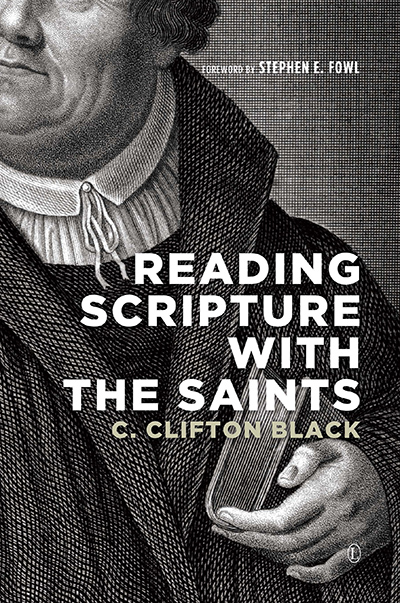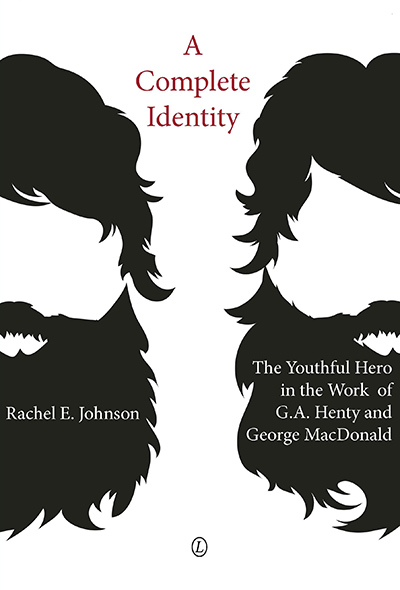Description
Reading Scripture with the Saints is a small museum. On its pages hang portraits of Christianity’s “masters of the sacred page”: Gregory of Nyssa, Augustine of Hippo, Benedict of Nursia, Maximus Confessor, Thomas Aquinas, Martin Luther and Charles Wesley. Other, surprising figures also appear, such as Shakespeare, Washington and Lincoln. How did these figures from history interpret Scripture? What might their diverse approaches teach today’s readers of the Old and New Testaments? What is missing in contemporary biblical interpretation that an awareness of the history of exegesis might complete? Join C. Clifton Black as he traverses the Bible, Church History, systematic theology, Elizabethan drama and American politics. Reading Scripture with the Saints retrieves pre-modern insights for a post-modern world.
About the Author
C. Clifton Black is the Otto A. Piper Professor of Biblical Theology at Princeton Theological Seminary. His other books include Anatomy of the New Testament (7th ed, 2013), The Rhetoric of the Gospel (2nd ed, 2013), The Disciples According to Mark (2nd ed, 2012) and Mark (2011).
Contents
List of Illustrations
List of Tables
Foreword by Stephen E. Fowl
Preface
Acknowledgments
Abbreviations
Introduction
1. Welcome
Patristic Stirrings
2. Trinity and Exegesis
In which Trinitarian doctrine frames a reading of Ecclesiastes.
3. Serving the Food of Full-Grown Adults
Augustine preaches First John in the fifth and twenty-first centuries.
4. Listen
Benedict rules today’s biblical exposition.
Middle Ages
5. Transfigured Exegesis
Twenty centuries of interpreters teetering on Mount Tabor.
6. Doubtless Thomas
In which Aquinas probes the Fourth Gospel’s Prologue.
7. Luther Times Three
“Have Mercy on Me, O God,” Martin cries across two decades.
Some Early Moderns
8. “Not of an Age, But for All Time”
King James’s Job suffers with Shakespeare’s Lear.
9. Searcher of the Oracles Divine
Accompanying Charles Wesley on two breathtaking journeys from Jerusalem to Jericho.
10. American Scriptures
Washington and Lincoln: biblical exegetes.
Conclusion
11. Until Later
Appendices
1. Washington’s Farewell
2. Lincoln’s Second Inaugural
Bibliography
Index of Scripture and Other Primary Sources
Index of Subjects
Endorsements and Reviews
I cherish this book. For those who do not read Scripture, I know of no more important medicine for today’s ills than reading it and no better book than this one for lessons in how to read. As for those who do read Scripture, the odds are that only very few read it well. The binaries that define modern civilisation tend to indwell our religions, and thereby our readings. I know of no better medicine for poor reading than the instructions C. Clifton Black has gleaned from the saints and doctors of the church and winnowed through his own wise, capacious and corrective hermeneutic.
Peter Ochs, Edgar Bronfman Professor of Modern Judaic Studies, University of Virginia
Clifton Black’s career as a New Testament scholar has ever been marked by his restlessness to understand how the Bible changes its readers. What he says of Augustine’s biblical exegesis is true of his own book as well: Reading Scripture with the Saints can lead us to transformative insights that are ‘wiser and deeper than much of our current fare’. Highly recommended!
John L. Thompson, Professor of Historical Theology, Fuller Theological Seminary, California
The work has a stimulating freshness.
Anthony O’Leary, in Journal for the Study of the New Testament, Vol 38, No 5






